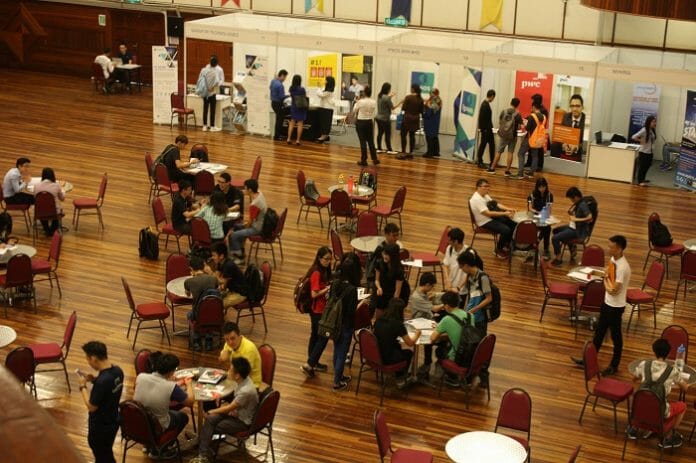By Chitra Devi- As we approach the year 2030, the synergy between Artificial Intelligence (AI) and Human Resources (HR) is poised to redefine the very fabric of the workplace. This article delves into the transformative journey that lies ahead, exploring the multifaceted ways in which AI is revolutionizing HR practices and reshaping the future of work.
AI-Driven Talent Acquisition
The landscape of talent acquisition is evolving with the integration of AI. In 2030, sophisticated algorithms will not only streamline the hiring process but will also predict future talent needs. AI- powered tools will analyze vast datasets to identify potential candidates, assess their compatibility with organizational culture, and even predict their long-term success within the company.
Immersive Onboarding Experiences
AI is set to elevate the onboarding experience to new heights. Virtual reality (VR) and augmented reality (AR) applications powered by AI will immerse new hires in dynamic and interactive onboarding experiences. From virtual office tours to simulated real-world scenarios, this innovative approach ensures a seamless transition into the organizational ecosystem.
Hyper-Personalized Learning Paths
In 2030, AI-driven learning platforms will deliver hyper-personalized training and development experiences. These systems will assess individual employee skills, preferences, and career aspirations, curating tailored learning paths. Machine learning algorithms will adapt in real-time, ensuring that each employee’s professional development journey aligns with evolving industry trends and organizational goals.
Predictive HR Analytics for Strategic Planning
The role of predictive analytics in HR will become even more pronounced. AI algorithms will analyze historical and real-time data to predict workforce trends, anticipate skill gaps, and aid in strategic workforce planning. HR professionals will use these insights to proactively address challenges, allocate resources efficiently, and ensure the organization remains agile in the face of change.
AI-Enhanced Employee Well-being Programs
AI will play a pivotal role in promoting employee well-being in 2030. Advanced algorithms will monitor various indicators, including stress levels, work-life balance, and health metrics, providing real-time feedback to HR teams. This proactive approach allows organizations to implement targeted well-being programs, fostering a healthier and more engaged workforce.
Chatbot Assistants for Employee Engagement
AI-powered chatbots will evolve into indispensable assistants for employee engagement. These intelligent bots will handle routine HR queries, leaving HR professionals with more time for strategic initiatives. Natural Language Processing (NLP) capabilities will make interactions more seamless, providing employees with instant support and information.
Ethical AI in Decision-Making
With the increasing role of AI in HR, ethical considerations will be paramount. In 2030, organizations will prioritize the ethical use of AI in decision-making processes. Transparent algorithms, fairness in hiring practices, and the responsible handling of employee data will be integral components of AI-driven HR systems.
Conclusion
As we step into 2030, the fusion of AI and HR is set to redefine the workplace experience. From talent acquisition to personalized learning, predictive analytics, and employee well-being, AI is at the forefront of transforming HR practices. This dynamic collaboration promises to create workplaces that are not only more efficient but also more humane, adaptive, and attuned to the evolving needs of the workforce in the next decade.
By Chitra Devi Nagayah, UUM Student Doctor of Business Administration (School of Othman Yeop Abdullah Graduate School of Business)








